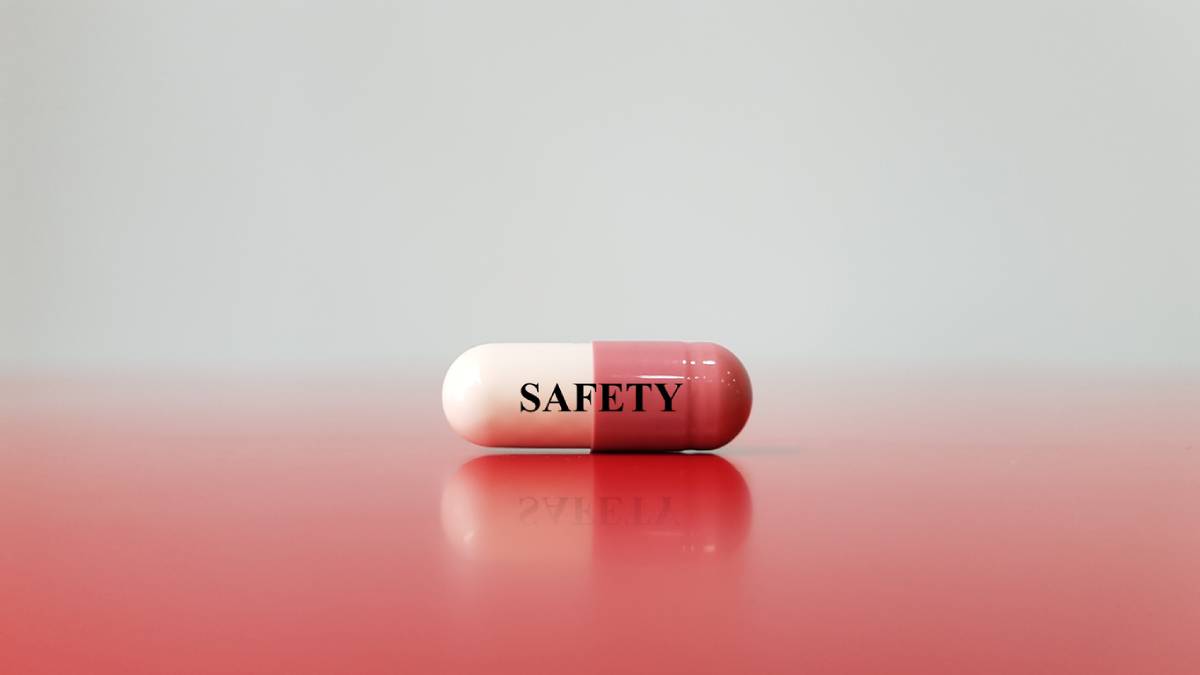Having a sick preschooler can be tough. They are old enough to share how they are feeling, but not old enough for you to be able to give them the types of medicine you would if they were older. It’s best to consult with their pediatrician if you are unsure, but the following are medicines NOT to give a preschooler.
Medicines NOT to Give a Preschooler
Children end up in the emergency room all the time due to medication complications. To reduce your child’s risk of harm, avoid giving them the following medications.
Aspirin:
Aspirin is great at relieving pain and reducing fevers. However, it can also cause Reye’s syndrome. This syndrome is rare, but very serious as it can cause fat to build upon your child’s brain, liver, and other vital body parts. This can be harmful to your child’s health and can be potentially fatal. The highest risk for this syndrome are children with chickenpox or the flu. Check your medicine labels and talk with a medical professional at a pediatric pharmacy in Gig Harbor before giving your child any medications containing Aspirin.
Iron Supplements:
Children under the age of 6 may die from ingesting products with iron more than any other type of toxin. While your child needs iron to be healthy and grow, it can be harmful to their health in certain cases. Use caution with your vitamins, supplements, and medications by keeping them in child-proof bottles and out of children’s reach.
Cold Medicine:
Over-the-counter cough and cold medicines can be a game-changer for adults. However, this is not the case for kids as medicines like Mucinex, Dayquil, and Robitussin are not effective for kids under the age of 6. While it’s rare, cough and cold medicines can cause allergic reactions, neurological issues, and can even be fatal in some cases. Talk with your child’s pediatrician about alternatives when your child has a cold or flu.
Syrup of Ipecac:
This medicine used to be an old remedy if a child swallowed something poisonous. However, it should no longer be used and you should throw it out if you still have it in the house. The medicine was used to induce vomiting to attempt to remove any ingested poison from your child’s system. Modern research has shown that making a child vomit is never a good idea. If your child ingests poison or has a bad reaction to any medication, call 911 and get them to the emergency room as soon as possible.
Bismuth Subsalicylate:
This medicine is commonly known as Pepto Bismol. While it is also known under other names, it’s the pink liquid used to ease a sour stomach. Just like Aspirin, this medicine has been linked to Reye’s syndrome in children 12 and under. Usually an upset stomach can heal on its own but if the issue persists, contact your child’s pediatrician.
Children’s Medicine and Health
Having a child who isn’t feeling well can be really overwhelming to parents. Your parents may have outdated advice on how to treat an illness, or you may feel like there are too many answers after a quick google search. In the case of an emergency, contact an emergency physician. However, for symptoms that don’t pose an immediate emergency, contact the team at the top apothecary in Seattle.
Harbor Health and Apothecary works closely with doctors and pediatricians to formulate medication that is right for your child. They consider your child’s health, age, and dietary restrictions. They can even provide dosage formulations for your child if they are picky, including gummies, oral liquids, and topical gels. Contact Harbor Health and Apothecary for all of your pediatric pharmaceutical needs!
